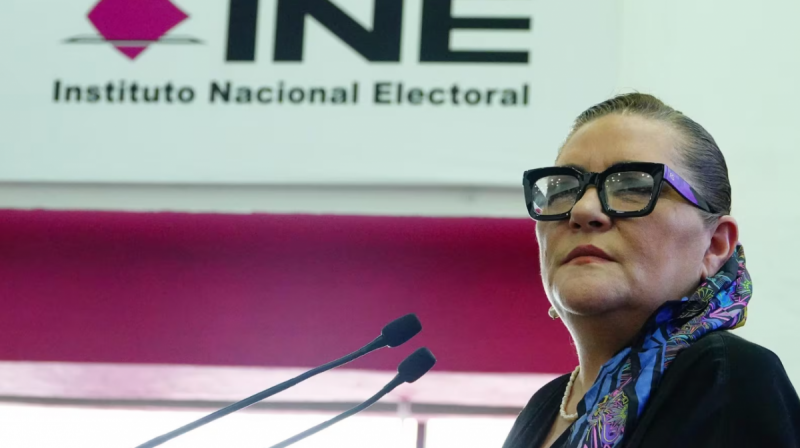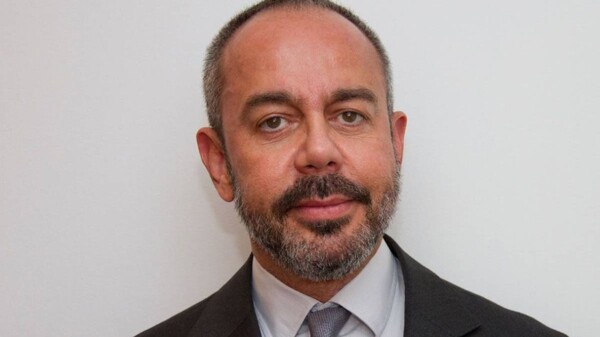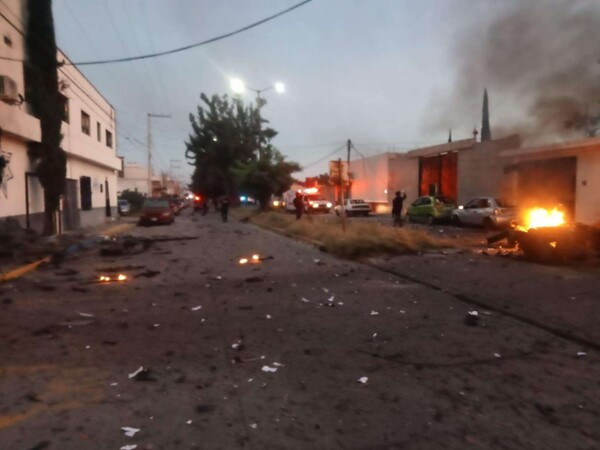
It has been reported that six of the eleven councilors of the National Electoral Institute (INE) plan to present a constitutional controversy against the secondary laws of the recent Judicial Reform. Their objection is centered on allowing the president councilor, Guadalupe Taddei, to make appointments without the approval of the General Council. Among the councilors planning to challenge these laws are Claudia Zavala, Carla Humphrey, Dania Ravel, Martín Faz, Arturo Castillo, and Jaime Rivera.
"These reforms to these two articles affect how this institute operates, altering the collegiality of this Institute, affecting the independence, the autonomy of this Institute, but it has nothing to do with this institute, or at least we six are not questioning an iota about the reforms to regulate the Judiciary," expressed Carla Humphrey regarding the controversy.
According to INE sources, former president councilor Lorenzo Córdova would be influencing to prevent significant changes to the structure of the Institute he led, favoring Guadalupe Taddei regarding the concentration of power in the General Council.
On the other hand, Deputy Sergio Gutiérrez Luna has issued a threat related to the aforementioned constitutional controversy. Luna has stated that if the councilors persist in challenging the secondary laws and the Section A of Article 41 of the Constitution is modified, he could return the issue of the 4T Judicial Reform to the Supreme Court.
Additionally, Senator Gerardo Fernández Noroña has notified the Senate of the Republic about the resignation of eight of the eleven ministers of the Court, effective from the last day of August 2025, when the new ministers will take office following a popular election. This event has generated tensions and accusations in the political sphere regarding possible attempts to undermine legislative authority.














